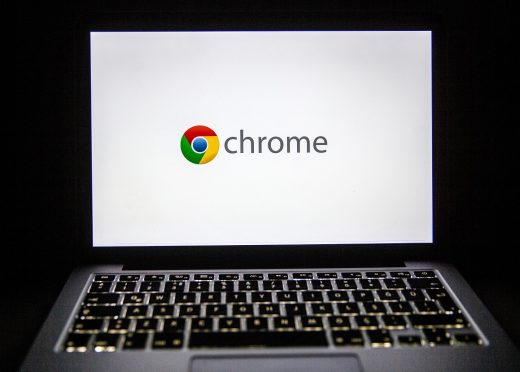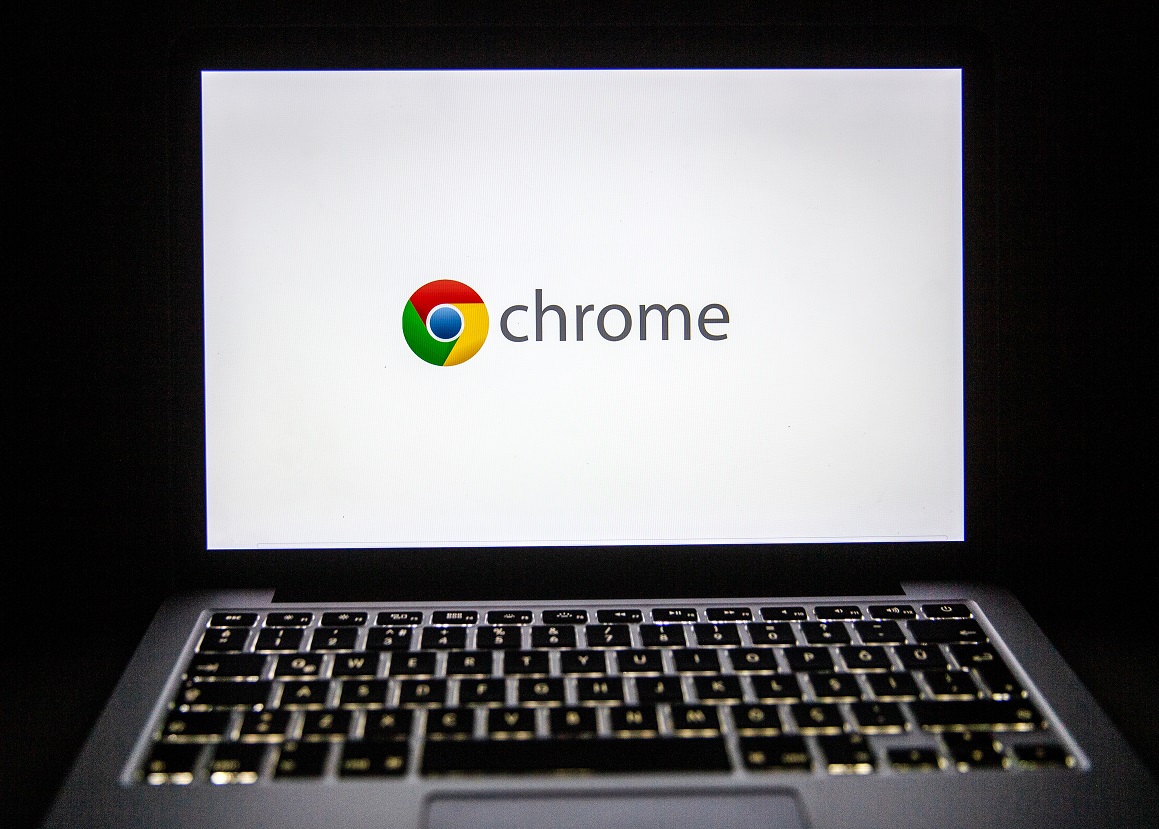Google may ban IAC’s Chrome extensions over ‘deceptive’ practices
Chrome extensions don’t normally create much drama, but one company’s add-ons appear to be stirring up plenty of trouble. The Wall Street Journal has learned that Google is considering “severe penalties” against internet giant IAC (InterActive Corp) over allegedly deceptive practices in its Chrome extensions. The browser extras reportedly promise features that never materialize, point users toward additional ads, or even trick users into installing them.
A Google audit reportedly found that some of IAC’s voting ads not only didn’t take users to voter info, but installed the Ask.com toolbar and changed users’ default home pages. IAC kept running those ads even after Google told the company to stop.
The full range of potential punishments isn’t clear, but Google is considering banning them, according to WSJ sources and leaked documents. Google already took down five IAC extensions, but there are considerably more that could go down in the face of a ban.
Google spokesperson Scott Westover said the company was “reviewing” IAC’s remaining extensions, but hadn’t made decisions as to what to do next.
IAC’s Valerie Combs, however, accused Google of being anti-competitive. The spokeswoman claimed Google had abused its status to shrink its browser business to the “last small corner of the internet” and was trying to finish it off. IAC owns the MyWay search engine, although the site uses ads and results from Google.
The dispute comes at a sensitive moment for Google. It’s facing a Justice Department antitrust lawsuit over allegations it abused its leading positions in ads and search. While this won’t necessarily skew the lawsuit, IAC might point to the DOJ case as support.
(18)




